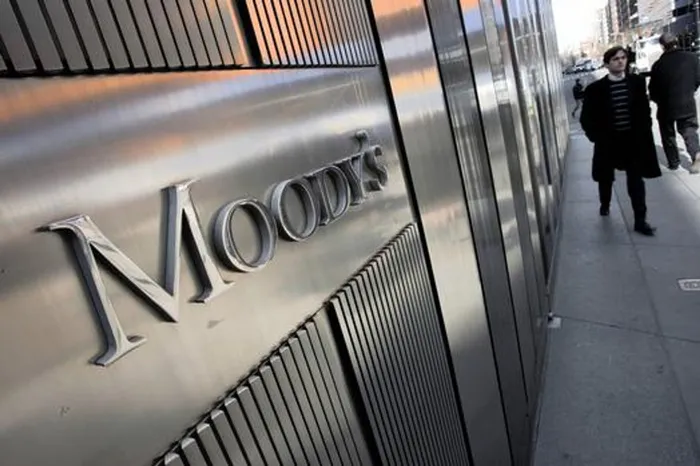Moody’s, GCR see signs of recovery as South Africa’s growth outlook remains stable
RATINGS

Ratings agencies Moody's & GCR’s media briefing on Tuesday revealed that a positive trend in South Africa’s economic growth is emerging with the economic outlook expected to remain stable.
Image: File IOL
Ratings agencies Moody’s and GCR Ratings say a positive trend is emerging in South Africa’s economic growth trajectory, with both agencies maintaining a stable outlook as reforms begin to show progress and fiscal discipline continues to hold.
At a joint media briefing on Tuesday, Evan Wohlmann, vice president and senior credit officer at Moody’s, said the agency expects real GDP growth to improve to around 1.6% in 2026, supported by gradual structural reforms — particularly in the logistics sector.
“There has been some notable structural reform progress. Our baseline expects reform progress particularly on logistics to continue, but the extent of private investment in new logistics infrastructure is unlikely to be sufficient to materially raise growth potential beyond 2%,” he said.
Wohlmann added that while friction within the Government of National Unity (GNU) would persist, Moody’s expects coalition partners to find compromises on key legislation, as seen with the approval of the national budget earlier this year.
“The national treasury in our view has shown a clear commitment to fiscal consolidation, and this commitment was evident through all three iterations of the budget earlier this year,” he said.
“But in our view, it will be challenging for South Africa to achieve a meaningful decline in general government debt without significantly higher economic growth.”
Wohlmann noted that the risks associated with State-Owned Enterprises have moderated, with government’s decision to reduce financial support for Eskom reflecting growing confidence in the utility’s long-term operational and financial stability.
“Even as arrears for Eskom from municipalities are still accumulating, we see there's now a lower risk of a sudden large deterioration in public finances, but the spending pressures from social demands and ongoing support to a myriad of state-owned enterprises will remain high.”
Sheri Morgan, deputy sector head of corporate and public sector ratings at GCR, said the property sector remains stable, supported by strong funding access and resilient portfolios.
“The issuers in our rate portfolio mostly carry stable outlooks, which is really supported by their resilient property portfolios and strong funding access,” she said.
“Organic life-for-life property income growth for some has actually been well above inflation. This has been off the back of a couple of factors, most notably a lot of portfolio repositioning.”
She added that lower interest rates, a reduction in load shedding, and firmer consumer spending have helped improve property performance, with these trends expected to continue.
However, Morgan cautioned that the sector still faces challenges from escalating operating costs, particularly rising utility tariffs and deteriorating municipal service delivery.
Mik Kabeya, senior vice-president for credit officer financial institutions group at Moody’s, said the country’s banking sector remains stable, with profitability ratios holding steady over the past two years.
“Profitability ratios, with some variation, have been broadly stable over the last two years or so, and we expect profitability to continue to be stable,” Kabeya said.
Meanwhile, Wohlmann reaffirmed South Africa’s Ba2 credit rating with a stable outlook, saying the country’s economic recovery remains gradual but underpinned by reform progress.
“In terms of what could move the rating up, from our perspective, there'll be upward pressure on the rating if we see South Africa making significant progress in alleviating structural constraints on economic activity,” Wohlmann said.
“Clear indicators of sustainable operational and financial improvements in the energy and logistics sectors will be important markers of this progress, and similarly, a significant and sustained increase in the levels of investment in the economy indicates that the government's strategy is really working in terms of encouraging higher participation by the private sector in the reform process.”
BUSINESS REPORT